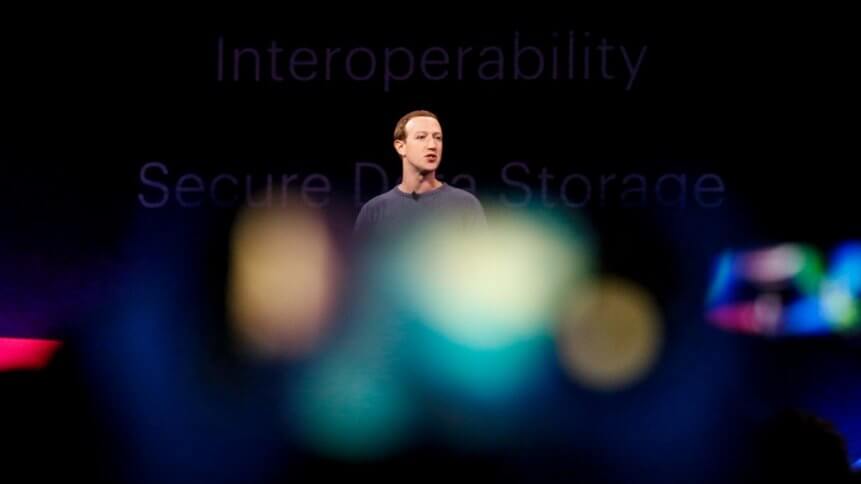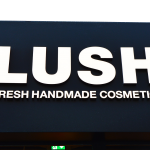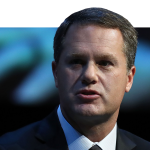Social media platforms hold the power, but not all of it

There is a widely-held perception that social media platforms hold a vast amount of power— it’s partly true.
Politics happens wherever status can be secured, wherever minds are influenced and decisions are made, and wherever social goods are distributed.
Social media obviously involves social goods. It facilitates commerce, both on and offline. It creates opportunities for moral authority to challenge legal or illegal authorities. It enables conversations about everything in real-time and those conversations influence votes, policies, and economic activities.
Social media also introduces additional complexities to rights of speech and privacy established in US constitutional amendments, civil liberties cases, and torts.
Given these implications and the perceived consolidation of power by social media platforms, activists have appealed to tech corporate leadership in order to advocate for their interests and silence those with whom they disagree. They have also directly used platforms in order to rapidly disseminate messaging. They have established alternative versions of justice in order to compensate for the traditional processes that failed them. These pursuits all carry significant risks and complications.
This is not a singular problem to be solved; it is politics. It is volatile and sprawling.
Why do social media politics matter for businesses?
Small and medium-sized enterprises are in a bind. They want to connect with their current and prospective customers in relevant ways. Commerce never happens without an implicit or explicit conversation. A consumer has a problem they’d like to solve or a desire to make something in their life a bit better. A business says, here’s how I can help you with that.
And if you want to converse, it makes sense to go where the conversation is already massively happening. That place is social media. It’s filled with noise and toxicity and looping conversations. If it were a bar, you’d never go there. But on your phone or on your computer, you often do.
Lush UK, a handmade cosmetics brand, said no, we won’t. In April, the brand declared its social media retreat in cross-platform posts: “Increasingly, social media is making it harder and harder for us to talk to each other directly. We are tired of fighting with algorithms, and we do not want to pay to appear in your newsfeed.”
YOU MIGHT LIKE

Is a break from social media a good idea?
This particular decision seems to be prompted by algorithmic adjustments on platforms that determine who gets heard by whom. These algorithms are intended to work in the platforms’ interests by maximizing the engagement of users and the paid advertisements of brands.
Increasingly, the platforms’ algorithms and administrators are also being expected to make determinations about the healthiness of all that engagement.
Many businesses are still using social media strategically in order to secure dollars but alongside them are activists attempting to secure parity, justice, respect, and political agendas. The Silicon Valley mantra of “move fast and break things” allowed these social media platforms to be scaled within a digital ecosystem. And now the users of the platforms are moving fast and breaking things within the actual world.
When the dust settles on some of these efforts, will people conclude that the end justifies the means? Will we figure out that a healthy conversation is actually impossible to define?
The power of the social media echo chamber
Disparities in online followings complicate the matter further because there is the pretense of a fair conversation when in effect one person is holding a megaphone loud enough to summon an army of like-minded conversationalists. Someone pointing out a reasonable observation can quickly become characterized as a member of the fringe. Onlookers notice these dynamics and position themselves accordingly. The spectrum of acceptable thought and behavior is altered.
YOU MIGHT LIKE

Going down the digital rabbit hole
Some prominent voices intentionally or unintentionally encourage abusive tones and “doxing” (the revealing of personal information for the purposes of harassment). In response, the abused individuals sometimes try to get these loud voices “de-platformed,” often despite severe implications for freedom of speech.
This cedes a massive, additional power over to the social media platforms, which is unlikely to be applied with any objective moral consistency.
But I wonder; are these social media platforms the true epicenter of power? Despite the enormous amount of capital and users they have accrued, they are all vulnerable to disruption — disruption not only in the form of shiny new technological rivals but also in the form of a user exodus back to the real world.
While this may seem unlikely, throughout history, there have been significant changes in generational behavior with regards to values and lifestyles. Even a minor restoration of digital/real-world balance could wholly undermine some of these online power structures.
These are strange times. Not only for social media but society itself.








